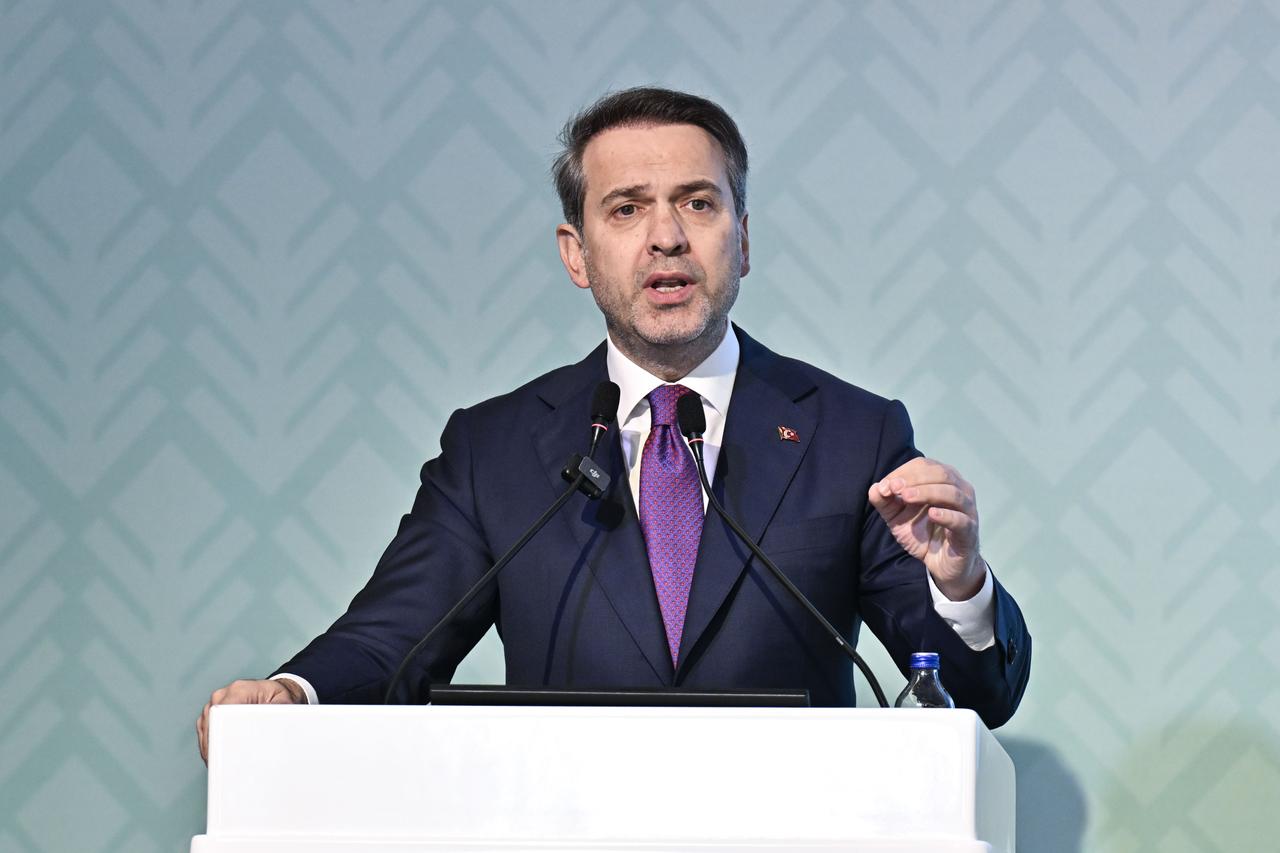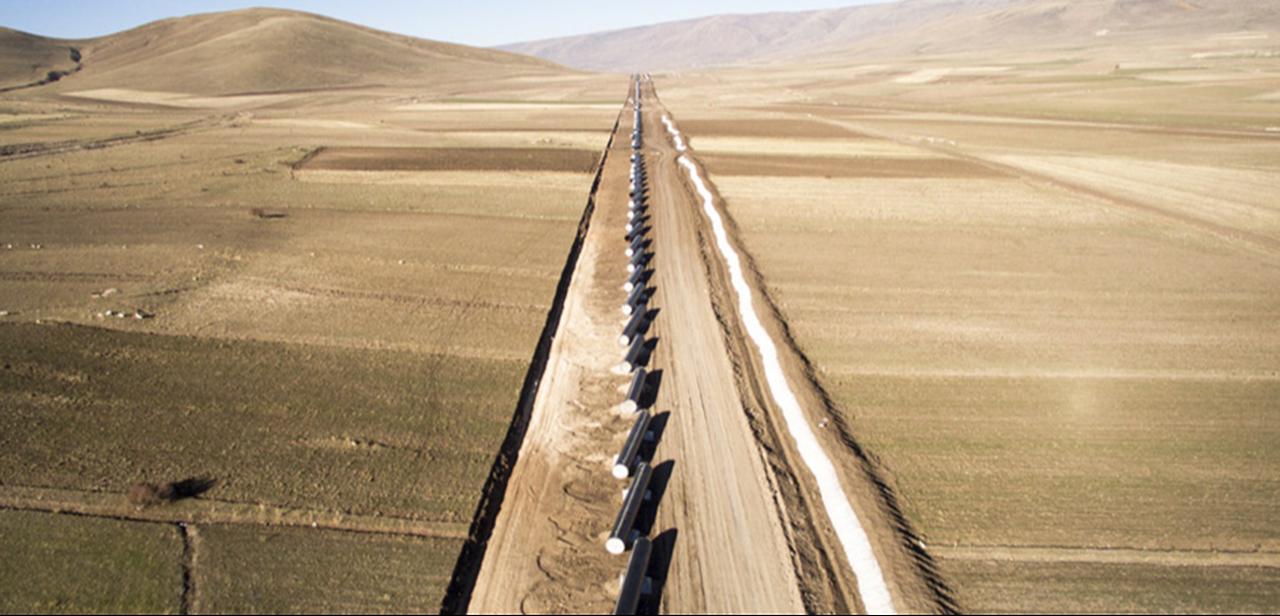
Türkiye’s Energy and Natural Resources Minister Alparslan Bayraktar said Thursday that Türkiye’s partnership with Russia represents a long-term collaboration encompassing technology sharing, human capital development, and industrial participation, stressing the significance of the deepening cooperation between the two countries in the energy sector.
Speaking at the 18th Verona Eurasia Economic Forum in Istanbul, Bayraktar said Türkiye aims to reach 20 gigawatts of nuclear energy capacity by 2050 through projects planned in the Thrace region and the northern province of Sinop, alongside the Akkuyu Nuclear Power Plant in Mersin, whose first unit is scheduled to begin electricity generation by April 2026, supplying power to around 4 million residents.
Bayraktar recalled that four units are under construction at the Akkuyu, describing this as a "historic milestone" in Türkiye’s journey toward energy diversification.
The minister noted that Türkiye continues to expand its partnerships in natural gas with Russia, Azerbaijan, and Iran, while developing its liquefied natural gas (LNG) infrastructure to meet growing demand.
"With projects like TurkStream and TANAP, Türkiye is not only securing its own supply but also becoming a regional energy hub, facilitating gas flows from east to west and contributing to Europe’s energy security," Bayraktar said.
He added that these partnerships reinforce Türkiye’s position as a vital link between resource-rich regions and energy-consuming markets, reflecting its broader strategy of diversification and resilience amid global volatility.

Bayraktar said Türkiye’s energy transformation hinges on a balanced mix of nuclear, renewable, and conventional resources, noting that the country’s total installed capacity has surpassed 121 gigawatts, with renewables accounting for more than 60% of that figure.
In the Black Sea, output at the Sakarya gas field—with reserves of 785 billion cubic meters — is expected to reach 40 million cubic meters per day. Meanwhile, oil production at the Gabar field has risen to 80,000 barrels per day, the minister indicated.
Under the National Energy Efficiency Action Plan, Türkiye aims to cut energy consumption by 16% by 2030, Bayraktar said. The plan includes more than $20 billion in investments and will create thousands of new jobs.
He noted that Türkiye’s growing role in the energy sector strengthens its broader economy, making the country increasingly attractive to investors seeking stability, connectivity, and access to multiple markets.
"From Central Asia to Europe and from the Mediterranean to Africa, Türkiye is becoming a center of energy, trade, and innovation," Bayraktar said.